Best Foods High in Niacin: Essential for Energy and Health
Dec 08, 2024 By Noa Ensign
Vitamin B3 (also called niacin) is one of thirteen different B vitamins our body requires for good health. In addition, its essential for brain function and heart health, and its also a key element in a balanced diet. Niacin is available in many foods, but some foods also contain high levels of niacin. In this article, well discuss the best niacin-rich foods you can eat and why adding them to your meals can help you meet your daily requirement for this vital nutrient.
What Is Niacin?
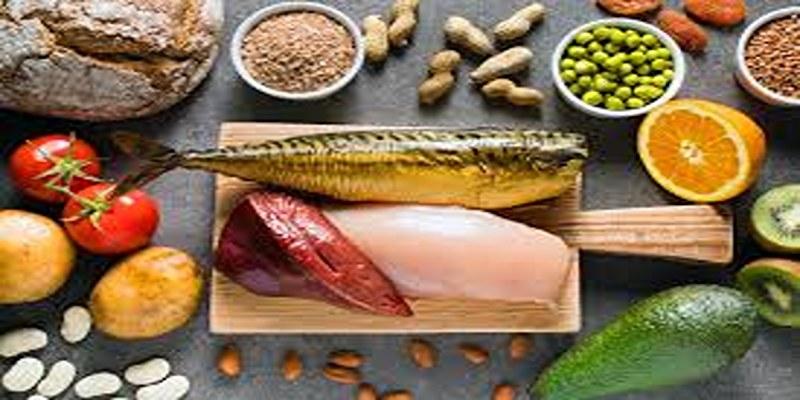
A type of B vitamin (B3), niacin helps the body turn food into energy. It is a water soluble nutrient, meaning that the body doesnt store it and so requires a constant supply by way of diet. The digestive system and skin and nerves need niacin. There are two main forms of niacin: There's also a second benefit of nicotinic acid and niacinamide, which are found in many foods and both help provide health benefits.
Health Benefits of Niacin
Here are some of the health benefits of Niacin:
1. Supports Heart Health
Research has shown niacin helps keep cholesterol healthy by increasing HDL (good) cholesterol and decreasing LDL (bad) cholesterol. Niacin has been linked to reducing the risk of heart disease, purely because it's a heart friendly nutrient.
2. Promotes Brain Health
Brain health and cognitive function requires niacin. It can help protect brain cells and may help lower the risk of age related cognitive decline. Foods rich in vitamin niacin help keep your mind clear and your brain functioning at its best.
3. Aids in Energy Production
Niacin is vital to the way that food converts to energy because it is part of the breakdown of carbohydrates, fats and protein. This is an important process for overall health and enough niacin will help keep your energy levels normal during the day.
Top Food Sources of Niacin
Here are some of the food sources of Niacin:
1. Chicken Breast
About 11 12 mg per 3 ounce serving of chicken breast is one of the best animal sources of niacin. It's a good option for getting your daily niacin. Like chicken breast, chicken is lean and high in protein which makes it perfect for weight management and adds to your muscle health.
2. Turkey
Turkey especially the breast meat is another rich source of niacin. Around 10 mg of niacin is a 3-ounce serving of turkey. Turkey is also a low fat, high protein food that is also a nutritious source of niacin for those who want to add more to their niacin intake.
3. Salmon
Niacin is found in salmon but not just for the delicious taste of salmon. About 8 mg niacin is found in a 3-ounce serving of sable, including for heart health and brain function.
4. Tuna
Study shows that tuna is packed with niacin, with up to 18 mg in 3 ounces of this essential nutrient. Tuna is a quick source of food, and also packed with lean protein, healthy for your heart and brain.
5. Pork
It stands to reason that pork, particularly lean cuts (such as pork tenderloin), supply a good amount of niacin. A 3 ounce serving of pork provides you with 6 7 mg of niacin to help you meet your daily needs while also providing protein and essential nutrients.
6. Peanuts
For those looking for plant-based sources of niacin, peanuts are an excellent choice. One ounce of peanuts provides around 4 mg of niacin, along with healthy fats and protein. Peanuts can easily be incorporated into snacks, salads, or spreads.
Whole Grains and Niacin
This section explains whole grains as a source of niacin:
Brown Rice
Brown rice is a whole grain that offers about 2 mg of niacin per cup. Including brown rice in your meals provides niacin along with fiber, which supports digestion and heart health.
Whole Wheat Bread
Whole wheat bread is another good source of niacin and is easy to include in daily meals. One slice provides around 1-2 mg of niacin, along with fiber and essential nutrients that promote digestive health.
Vegetables and Niacin Content
This section explains vegetables as a source of niacin:
Mushrooms
Mushrooms, especially portobello and shiitake, are among the few vegetables with notable niacin content. A cup of cooked mushrooms can provide about 2-3 mg of niacin, making them a good addition to a plant-based diet.
Potatoes
Potatoes, particularly when eaten with the skin, offer about 2 mg of niacin per medium potato. Potatoes are also a source of fiber, potassium, and vitamin C, making them a versatile and nutritious choice.
How to Incorporate Niacin-Rich Foods into Your Diet
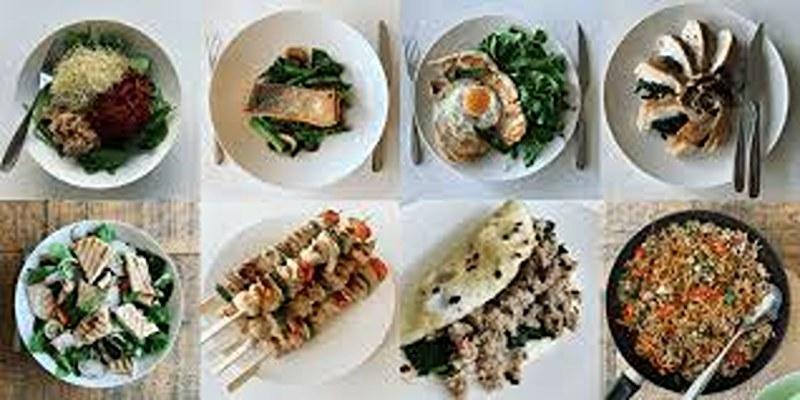
Adding foods high in niacin to your diet is simple and can help you meet your daily nutrient needs. Try incorporating chicken breast or salmon into your main meals, or snack on peanuts for a plant-based source of niacin. Pairing these foods with a variety of vegetables, grains, and healthy fats will ensure a balanced diet.
Conclusion
Niacin is an essential nutrient with numerous health benefits, from supporting heart health and brain function to aiding in energy production. Including foods high in niacin, such as chicken breast, tuna, and mushrooms, can help you maintain optimal levels of this vital vitamin. Whether you prefer animal-based or plant-based sources, there are plenty of ways to add niacin-rich foods to your diet, promoting overall wellness and energy.
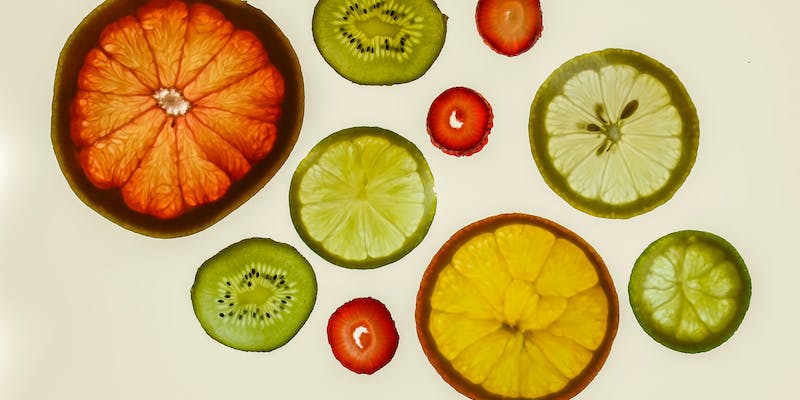
Fructose Facts: Myths to Discover Its Real Impact on Health

8 Gift Ideas for Those Desperate for a Better Night’s Sleep

Top 15 Dermatologist-Recommended Products for Acne Scars
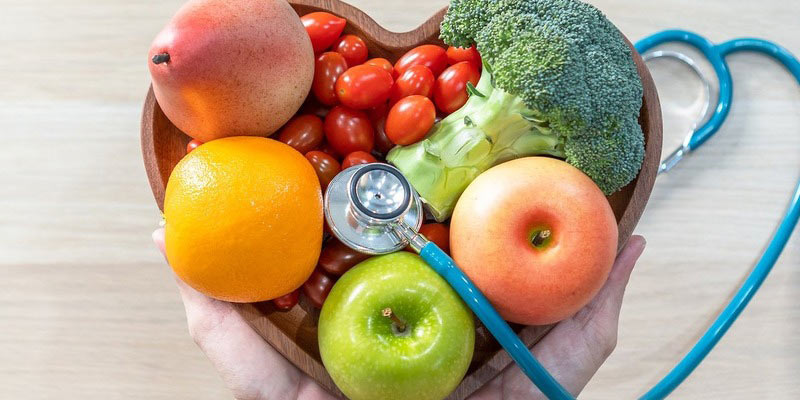
Unlocking the Power of Cholesterol-Lowering Foods
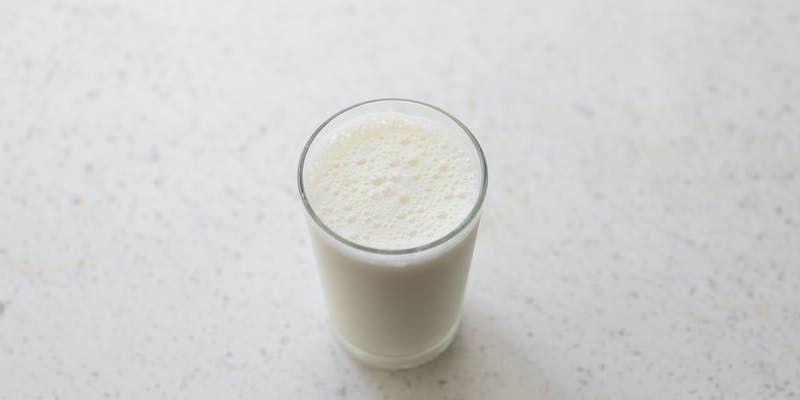
Raw Milk Realities: Evaluating the Pros and Cons of Unprocessed Dairy
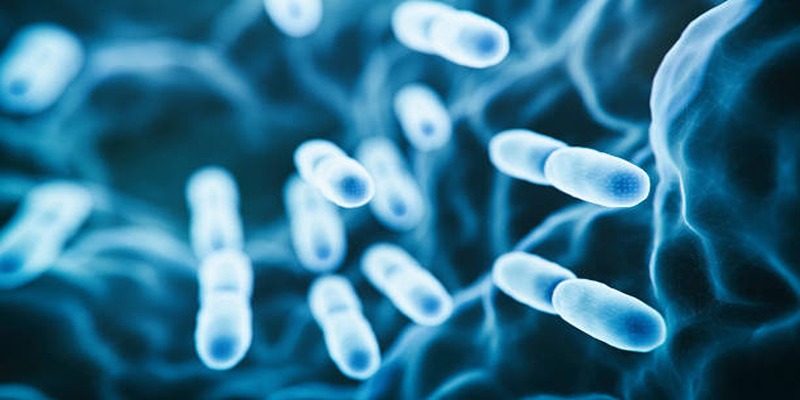
Expert Advice: 2 Ideal Times for Your Probiotic Supplement

How to Do a Side Plank Safely and What Are Its Benefits


